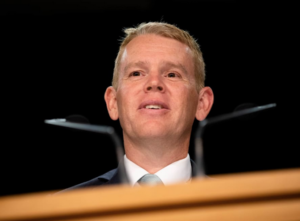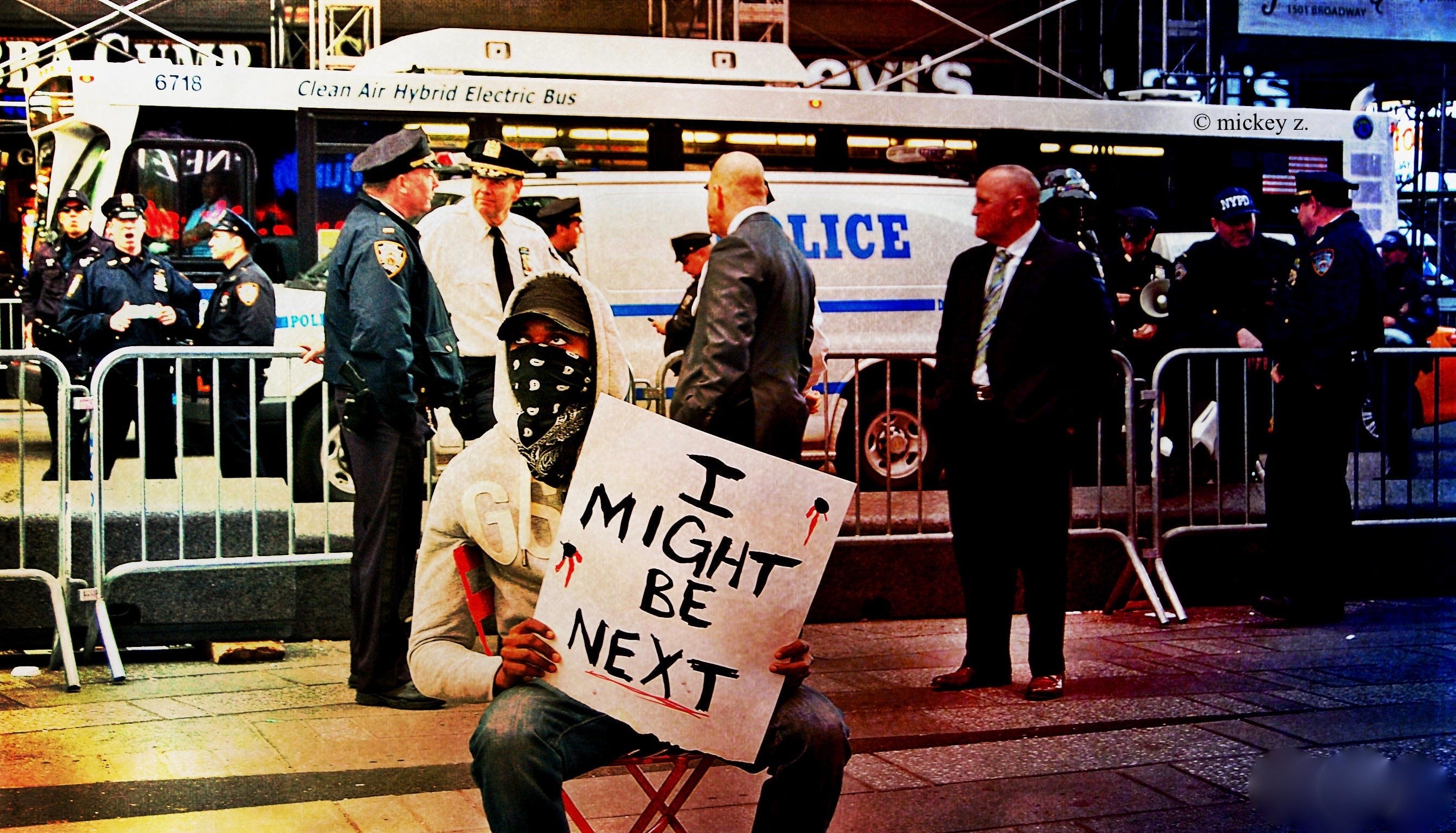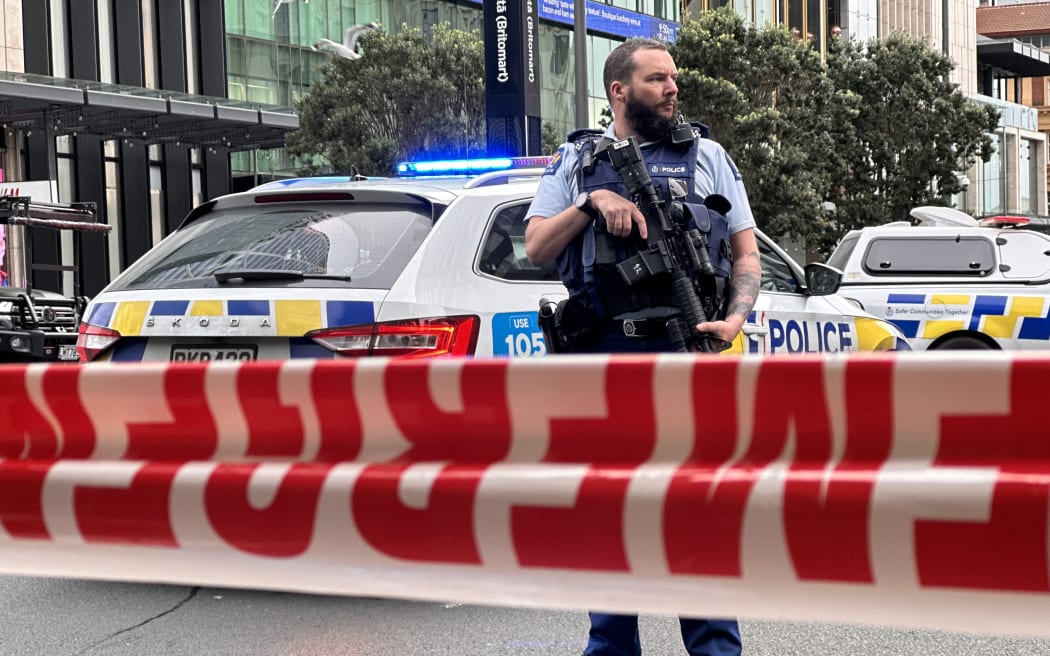Six Republicans on the Supreme Court just killed President Biden’s student loan debt forgiveness program.
Republicans, predictably, are giddy, celebrating another Supreme Court victory in which, on behalf of their neofascist billionaire owners, they’re again “owning the libs.”
They’re ecstatic that poor and working class people — particularly Black women who, as ABC News noted, “hold nearly two-thirds of the nearly $2 trillion outstanding student debt in the U.S.” — will find it ever harder to climb into the middle class, which increasingly requires a college degree.
When you search on the phrase “student debt forgiveness” one of the top hits that comes up is a Fox “News” article by a woman who paid off her loans in full.
“There are millions of Americans like me,” the author writes, “for whom debt forgiveness is an infuriating slap in the face after years of hard work and sacrifice. Those used to be qualities we encouraged as an American culture, and if Biden gets his way, we’ll be sending a very different message to the next generation.”
This is, to be charitable, bullsh*t.
Forgiving student debt is not a slap at anybody; it’s righting a moral wrong inflicted on millions of Americans by Ronald Reagan and his morbidly rich Republican buddies.
Student debt is evil.
It’s a crime against our nation, hobbling opportunity and weakening our intellectual infrastructure. It maintains and in many cases rigidifies the racial and class caste systems today’s Americans inherited from our eras of slavery and indenture.
Combine this decision with the six Republicans on the Court ending affirmative action and legalizing discrimination this term and it’s clear this is exactly what the rightwing billionaires who put them on the Court and support their lavish vacations and lifestyles want.
Many, if not most, of the people in today’s billionaire class have supported — and fought for — such a caste system since the founding of America, and in every other country around the world, since time immemorial. It’s literally the history of western civilization from ancient Greece and Rome, the stories of kings and conquistadors, and the “Robber Barons” of America’s gilded age.
They really don’t care about improving the lives of everyday Americans; their philosophy is, “I got mine; screw you.” Educated themselves, they’ve always worked to “pull up the ladder” behind them and thus maintain their elite status.
As history shows, this harms countries in real and measurable ways.
Every nation’s single biggest long-term asset is a well-educated populace, and student debt diminishes that.
Every other advanced democracy on the planet understands this.
That’s why student debt at the scale we have in America literally does not exist anywhere else in the rest of the developed world.
American students, in fact, are going to college for free right now in Germany, Iceland, France, Norway, Finland, Sweden, Slovenia, and the Czech Republic, because pretty much anybody can go to college for free in those countries and dozens of others.
“Student debt?” The rest of the developed world doesn’t know what you’re talking about.
Student debt also largely didn’t exist in modern America before the Reagan Revolution. It was created by Republicans here in the 1980s — intentionally — and if we can overcome Republican opposition we can intentionally end it here and join the rest of the world in once again benefiting from an educated populace.
Forty years on from the Reagan Revolution, student debt has crippled three generations of young Americans: over 44 million people carry the burden, totaling a $2+ trillion drag on our economy that benefits nobody except the banks earning interest on the debt and the politicians they pay off.
But that doesn’t begin to describe the damage student debt has done to America since Reagan, in his first year as governor of California, ended free tuition at the University of California and cut state aid to that college system by 20 percent across-the-board.
After having destroyed low income Californians’ ability to get a college education in the 1970s, Reagan then took his anti-education program national as president in 1981.
When asked why he’d taken a meat-axe to higher education and was pricing college out of the reach of most Americans, he said, much like Ron DeSantis might today, that college students were “too liberal” and America “should not subsidize intellectual curiosity.”
It was the 1980s version of today’s “war on woke.”
On May 1, 1970, Governor Reagan announced that students protesting the Vietnam war across America were “brats,” “freaks” and “cowardly fascists,” adding, as The New York Times noted at the time:
“If it takes a bloodbath, let’s get it over with. No more appeasement!”
Four days later four were dead at Kent State, having been murdered by national guard riflemen using live ammunition against anti-war protesters.
Before Reagan became president, states paid 65 percent of the costs of colleges, and federal aid covered another 15 or so percent, leaving students to cover the remaining 20 percent with their tuition payments.
It’s why when I briefly attended college in the late 1960s — before Reagan — I could pay my tuition working a weekend job as a DJ at a local radio station and washing dishes at Bob’s Big Boy restaurant on Trowbridge Road in East Lansing.
That’s how it works — at a minimum — in most developed nations, although in many northern European countries college is not only free, but the government pays students a stipend to cover books and rent.
Here in America, though, the numbers are pretty much reversed from pre-1980 as a result of Reaganommics, with students now covering about 80 percent of the costs. Thus the need for student loans here in the USA.
As soon as he became president, Reagan went after federal aid to students with a fanatic fervor. Devin Fergus documented for The Washington Post how, as a result, student debt first became a thing across the United States during the early ‘80s:
“No federal program suffered deeper cuts than student aid. Spending on higher education was slashed by some 25 percent between 1980 and 1985. … Students eligible for grant assistance freshmen year had to take out student loans to cover their second year.”
It became a mantra for conservatives, particularly in Reagan’s cabinet. Let the kids pay for their own damn “liberal” educations.
Reagan’s college educated Director of the Office of Management and Budget, David Stockman, told a reporter in 1981:
“I don’t accept the notion that the federal government has an obligation to fund generous grants to anybody who wants to go to college. It seems to me that if people want to go to college bad enough then there is opportunity and responsibility on their part to finance their way through the best way they can. … I would suggest that we could probably cut it a lot more.”
After all, cutting taxes for the morbidly rich was Reagan’s first and main priority, a position the GOP holds to this day. Cutting education could “reduce the cost of government” and thus justify more tax cuts.
Reagan’s first Education Secretary, Terrel Bell, wrote in his memoir:
“Stockman and all the true believers identified all the drag and drain on the economy with the ‘tax-eaters’: people on welfare, those drawing unemployment insurance, students on loans and grants, the elderly bleeding the public purse with Medicare, the poor exploiting Medicaid.”
Reagan’s next Education Secretary, William Bennett, was even more blunt about how America should deal with the “problem” of uneducated people who can’t afford college, particularly if they were African American:
“I do know that it’s true that if you wanted to reduce crime,” Bennett famously said, “you could — if that were your sole purpose, you could abort every black baby in this country, and your crime rate would go down.”
These doctrines became an article of faith across the GOP and remain so to this day, as we saw last week with the Republicans on the Supreme Court ending affirmative action.
Reagan’s OMB Director David Stockman told Congress that students were “tax eaters … [and] a drain and drag on the American economy.” Student aid, he said, “isn’t a proper obligation of the taxpayer.”
This was where, when, and how today’s student debt crisis was kicked off in 1981.
Before Reagan, though, America had a different perspective.
Both my father and my wife Louise’s father served in the military during World War II and both went to college on the GI Bill. My dad dropped out after two years and went to work in a steel plant because mom got pregnant with me; Louise’s dad, who’d grown up dirt poor, went all the way for his law degree and ended up as Assistant Attorney General for the State of Michigan.
They were two among almost 8 million young men and women who not only got free tuition from the 1944 GI Bill but also received a stipend to pay for room, board, and books. And the result — the return on our government’s investment in those 8 million educations — was substantial.
The best book on that time and subject is Edward Humes’ Over Here: How the GI Bill Transformed the American Dream, summarized by Mary Paulsell for the Columbia Daily Tribune:
“[That] groundbreaking legislation gave our nation 14 Nobel Prize winners, three Supreme Court justices, three presidents, 12 senators, 24 Pulitzer Prize winners, 238,000 teachers, 91,000 scientists, 67,000 doctors, 450,000 engineers, 240,000 accountants, 17,000 journalists, 22,000 dentists and millions of lawyers, nurses, artists, actors, writers, pilots and entrepreneurs.”
Free education literally built America’s middle class.
When people have an education, they not only raise the competence and vitality of a nation; they also earn more money, which stimulates the economy. Because they earn more, they pay more in taxes, which helps pay back the government for the cost of that education.
In 1952 dollars, the GI Bill’s educational benefit cost the nation $7 billion. The increased economic output over the next 40 years that could be traced directly to that educational cost was $35.6 billion, and the extra taxes received from those higher-wage-earners was $12.8 billion.
In other words, the US government invested $7 billion and got a $48.4 billion return on that investment, about a $7 return for every $1 invested.
In addition, that educated workforce made it possible for America to lead the world in innovation, R&D, and new business development for three generations.
We invented the transistor, the integrated circuit, the internet, new generations of miracle drugs, sent men to the moon and reshaped science.
Presidents Thomas Jefferson and Abraham Lincoln knew this simple concept that seems so hard for Reagan and generations of Republicans since to understand: when you invest in young people, you’re investing in your nation.
Jefferson founded the University of Virginia as a 100% tuition-free school; it was one of his three proudest achievements, ranking higher on the epitaph he wrote for his own tombstone than his having been both president and vice president.
Lincoln was equally proud of the free and low-tuition colleges he started. As the state of North Dakota notes:
“Lincoln signed the Morrill Act on July 2, 1862, giving each state a minimum of 90,000 acres of land to sell, to establish colleges of engineering, agriculture, and military science. … Proceeds from the sale of these lands were to be invested in a perpetual endowment fund which would provide support for colleges of agriculture and mechanical arts in each of the states.”
Fully 76 free or very-low-tuition state colleges were started because of Lincoln’s effort and since have educated millions of Americans including my mom, who graduated from land-grant Michigan State University in the 1940s, having easily paid her minimal tuition working as a summer lifeguard in her home town of Charlevoix, Michigan.
Every other developed country in the world knows this, too: student debt is rare or even nonexistent in most western democracies. Not only is college free or close to free around much of the developed world; many countries even offer a stipend for monthly expenses like our GI Bill did back in the day.
As mentioned earlier, thousands of American students are currently studying in Germany at the moment for free. Hundreds of thousands of American students are also getting free college educations right now in Iceland, Denmark, Norway, Finland, Sweden, Slovenia, and the Czech Republic, among others.
Republican policies of starving education and cranking up student debt have made US banks a lot of money, but they’ve cut America’s scientific leadership in the world and, since the institution of trickle-down Reaganomics, stopped three generations of young people from starting businesses, having families, and buying homes.
The damage to working class and poor Americans, both economic and human, is devastating. Even worse for America, it’s a double challenge for minorities.
And now the Supreme Court has essentially told our young people who weren’t members of the “Lucky Sperm Club” with wealthy or legacy parents that they’re simply out of luck. And, as noted, the GOP is celebrating.
Which raises the question: how gullible do these Republicans think their voters are?
Marjorie Taylor Greene wrote on Twitter that student loan forgiveness was “completely unfair.” She’s the same Republican congresswoman who had $183,504 in PPP loans forgiven, and happily banked that government money without a complaint.
Republican members of Congress, in fact, seem to be among those in the front of the debt-forgiveness line with their hands out, even as billionaires bankroll their campaigns and backstop their lifestyles.
As the Center for American Progress noted on Twitter in response to a GOP tweet whining that, “If you take out a loan, you pay it back”:
Member —— Amount in PPP Loans Forgiven
Matt Gaetz (R-FL) – $476,000
Greg Pence (R-IN) – $79,441
Vern Buchanan (R-FL) – $2,800,000
Kevin Hern (R-OK) – $1,070,000
Roger Williams (R-TX) – $1,430,000
Brett Guthrie (R-KY) – $4,300,000
Ralph Norman (R-SC) $306,250
Ralph Abraham (R-AL) – $38,000
Mike Kelly (R-PA) – $974,100
Vicki Hartzler (R-MO) – $451,200
Markwayne Mullin (R-OK) – $988,700
Carol Miller (R-WV) – $3,100,000
Every single one of these Republican members of Congress has echoed Greene’s criticism of student debt relief or supported efforts to block it. Every one eagerly welcomed forgiveness of their Covid-era debts.
So, yeah, Republicans are complete hypocrites about forgiving loan debt, in addition to pushing policies that actually hurt our nation (not to mention the generations coming up).
Ten thousand dollars in student debt forgiveness would have been a start, but if we really want America to soar, we need to go away beyond that.
Just like for-profit health insurance, student loans are a malignancy attached to our republic by Republicans trying to increase profits for their donors while extracting more and more cash from working-class families.
If Democrats can regain control of the House and hold the Senate and White House in 2024, they must not only zero-out existing student debt across our nation but revive the post-war government support for education — from Jefferson and Lincoln to the GI Bill and college subsidies — that the Reagan, Bush, Bush, and Trump administrations have destroyed.
Then, and only then, can the true “making America great again” begin.
This article was produced by Economy for All, a project of the Independent Media Institute.
This content originally appeared on CounterPunch.org and was authored by Thom Hartmann.
This post was originally published on Radio Free.





 as if it were life support.
as if it were life support.







